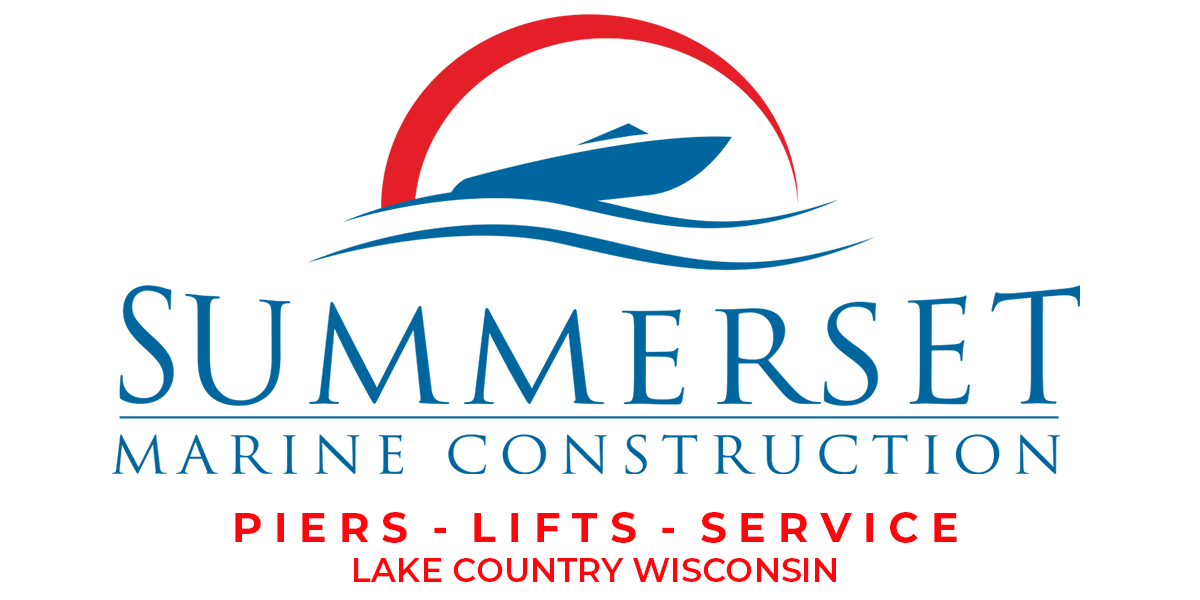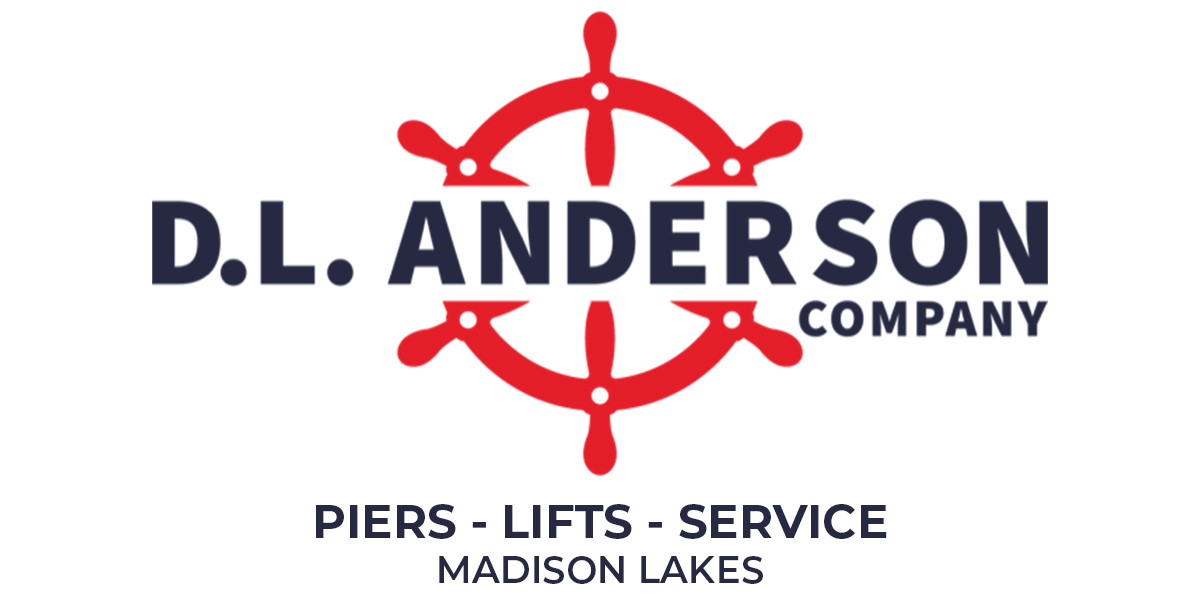It was Twenty Years ago today,
That Lon Schoor invited 130 E-Boats to come play….
By Don Sanford and Steve Holtzman
It’s the summer of 1997. The camera pans across a lonely stretch of America’s vast interstate highway system somewhere on the endless prairies of Minnesota or Wisconsin. It zooms in on a late-model SUV towing a trailer with a curious object stealthily wrapped in canvas. Above the
relentless drone of eight Michelin radials spinning across 12 inches of reinforced concrete we begin to make out the conversation. “If those guys could get eighty boats at their regatta, it’ll be a snap for us to get 100 boats on Mendota…” In the fading daylight, the camera pans to the front seat where we discover a pair of smart talking sailors, Lon Schoor and Hugh Sugar. They didn’t know it then but they were on their way to a wondrous

destination. Not a dimension of time or of mind but a fabulous world of fiberglass, water and Dacron. Look, there’s a signpost up ahead! Your next stop– Lake Mendota and the largest one-design regatta in history… Theme music fadesup….
Lon and Hugh were headed home after sailing in the biggest E Nationals ever where 80 boats filled the starting line and the parties were great. The more they talked, the more they were convinced that 100 boats would come to a regatta on Lake Mendota. Everyone knows that Mendota is one of the best lakes for E-boating in the nation and that Madison is a great town. If sailors knew they could have a fun time and the price was right, recruiting 100 E-boats would be a snap. But it had to be fun, and cheap.
By the time H 7 rolled into the driveway late that night, our intrepid regatta planners had come up with ideas for party venues, entertainment and a date—the July 1999 ILYA E-scow invitational, a regatta that typically attracts about 40 boats. Within a few weeks, Lon had Hoofers enlisted as a sponsor, assuring access to the Memorial Union lakefront and other campus locations. Entry fees were set quite low, lower than usual for an ILYA regatta. Lon knew that some sailors could afford to pay a bit more so he came up with some “premium” entry fees that would include benefits like: prime mooring space, a tow out and back, assistants who would put your boat to bed after the race or special goodie baskets of food delivered right after the finish. “One of the most controversial benefits was a free OCS card,” Lon said. “We got lots of comments about that, but I reminded everyone that it was all in fun, besides who would ever have the nerve to use one.”
Lon’s wife and partner in this event, Donna reminded him that you can’t run a regatta on entry fees and t-shirt sales. You needed a real money maker. Lon began thinking about the raffles, usually a car, that the Green Lake sailing school ran when he was a kid. “It’s an E-Boat regatta, so why not raffle off a brand new Melges E-boat?” Once again, to encourage participation, the ticket price was set at $39.00. “We only printed 1,000 tickets. Wow, you could win a brand-new E-Boat for $39, who wouldn’t want to take a chance on that? We sold all those tickets,” Lon recalled.
Lon began thinking about the raffles, usually a car, that the Green Lake sailing school ran when he was a kid. “It’s an E-Boat regatta, so why not raffle off a brand new Melges E-boat?” Once again, to encourage participation, the ticket price was set at $39.00. “We only printed 1,000 tickets. Wow, you could win a brand-new E-Boat for $39, who wouldn’t want to take a chance on that? We sold all those tickets,” Lon recalled.
The next job was to get boats to actually show up. Remember, this was a time when e-mail, websites and social media were in their infancy. If you wanted to promote something legwork and word of mouth were the best methods. “We went to every E regatta we could find for the next 18 months. We traveled up and down the East coast, down to Texas
 You can’t have a regatta without a great PRO. Lon installed MYC’s dedicated PRO, Bill Ward, to lead the cadre of ILYA race officers that traditionally
You can’t have a regatta without a great PRO. Lon installed MYC’s dedicated PRO, Bill Ward, to lead the cadre of ILYA race officers that traditionally
takes over these events. He enlisted Tom Hodgson, a well-respected ILYA Race Officer, to recruit and manage that armada of ILYA judges and boats.
This was going to be a big regatta and needed a big course. How big? Bill and Tom decided they would set a starting line that was about one-mile long.
They needed not one, but two mid-line boats. Because the line was so long and to help spread the fleet before the first mark the windward leg was three miles long. “I think that Buddy port-tacked the entire fleet on that first start and went on to win that race,” Lon said.
Finding a home for 40 E-Boats is challenging, there’s only so much space on the rail at Burrows Park! The Madison Parks Department stepped up and agreed to let boats launch from Tenney Park. Not just at the boat ramp, but also right off the beach. A deal was struck with the owner of the then-vacant WPS building across Sherman Avenue who offered his vast parking lot as a dry storage area. To handle those boats at Tenney, MYC volunteers installed temporary piers, each about 300 feet long, just west of the breakwater and inside the breakwater near the launch ramp. Tractors of various sizes were obtained from MYC members and friends. Meanwhile, at Burrows, the City agreed to let us launch from what is now the kiteboard beach. “Steve Suhr and his volunteers built another 300-foot pier over there too,” Lon recalled.
agreed to let boats launch from Tenney Park. Not just at the boat ramp, but also right off the beach. A deal was struck with the owner of the then-vacant WPS building across Sherman Avenue who offered his vast parking lot as a dry storage area. To handle those boats at Tenney, MYC volunteers installed temporary piers, each about 300 feet long, just west of the breakwater and inside the breakwater near the launch ramp. Tractors of various sizes were obtained from MYC members and friends. Meanwhile, at Burrows, the City agreed to let us launch from what is now the kiteboard beach. “Steve Suhr and his volunteers built another 300-foot pier over there too,” Lon recalled.
Speaking of volunteers, we had dozens and dozens. MYC’ers from every fleet stepped up to build piers, launch boats, sell shirts, handle publicity, find safety boats and wrangle parties. “Club members called or came up to me at parties saying something like this: ‘I could help with ‘X’, or ‘if no one is doing it, I can organize it’. The regatta had no committee chairpersons assigned – everyone in the club just wanted to participate and be a part of something special. Volunteers just flooded the regatta venues – Burrows Park, Tenney Park, parking behind WPS, UW Hoofers, Kohl Center – in the weeks before the event and the following week for the cleanup. Remember, all those piers and breakwater cabling had to be taken down and put away. It was a team effort to be sure,” said Lon.
special. Volunteers just flooded the regatta venues – Burrows Park, Tenney Park, parking behind WPS, UW Hoofers, Kohl Center – in the weeks before the event and the following week for the cleanup. Remember, all those piers and breakwater cabling had to be taken down and put away. It was a team effort to be sure,” said Lon.
Every sailor knows that a regatta isn’t a regatta without parties and they had to be fun and big enough so that everyone would want to show up. Admission was by donation and Donna made sure that everyone donated. The weekend kicked off with a Friday night Hoofer social at the Union
followed by a hypnotist performing in the Union Theatre. Full disclaimer–this writer (Don) was one of the subjects though I really don’t remember much. Someone later told me that I was “entertaining.”
 What about the sailing? It blew like stink on Friday. Despite a complete lack of wind on Saturday, many sailors were ready to have some fun, organizing war canoe races off Burrows with as many as 10 paddlers in each boat rounding buoys just offshore.
What about the sailing? It blew like stink on Friday. Despite a complete lack of wind on Saturday, many sailors were ready to have some fun, organizing war canoe races off Burrows with as many as 10 paddlers in each boat rounding buoys just offshore.
Nearly 800 sailors and friends jammed the lobby of the Kohl Center on Saturday night for cocktails and food. Following some welcome remarks by MYC Commodore Glenda Hodge, a hush fell over the assembled masses of sailors and hangers-on as Buddy Melges stepped to the podium to draw the winning raffle ticket–it was Brian Porter’s.
food. Following some welcome remarks by MYC Commodore Glenda Hodge, a hush fell over the assembled masses of sailors and hangers-on as Buddy Melges stepped to the podium to draw the winning raffle ticket–it was Brian Porter’s.
The breeze was up on Sunday and we got two races in, enough to call it a regatta. When the books were closed on the regatta later that summer, Lon announced that he and Donna deposited $20,000 into the MYC treasury. Who says you can’t make money hosting a regatta without a clubhouse? All it takes is a couple of guys with an idea, a long road trip and about 100 volunteers.
By the numbers:
- Fleets represented: Cedar, Beulah, Cormorant, Cedar (IN), Delavan, Gull, Mendota,
Hopatcong, Geneva, Indian Lake, Oshkosh, Keuka, Green lake, Lavallette, Minnetonka,
Nagawicka, Charleston, Toms River, Torch Lake, Upper Minnetonka, Pewaukee, White
Bear, Wawasse, White Lake, Pine Lake, Clear Lake - Boats Registered: 130
- Top 5: Bill Allen, Minnetonka; Tom Burton, Minnetonka; Brian Porter, Geneva; Buddy
Melges, Geneva; Mike Darrow, Pewaukee. - Best Mendota boat: Lance Puccio (H 7) 39. Where else can you finish 39th and still be in
the top 1/3 rd of the fleet








